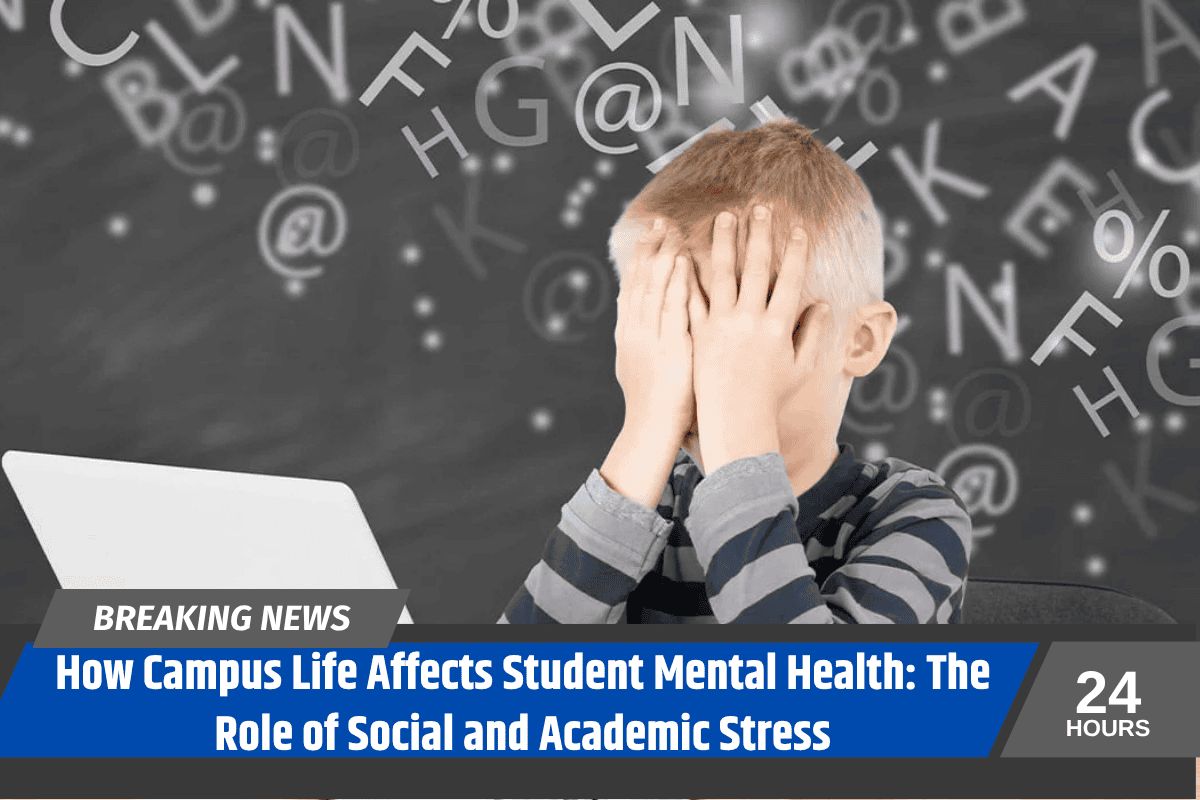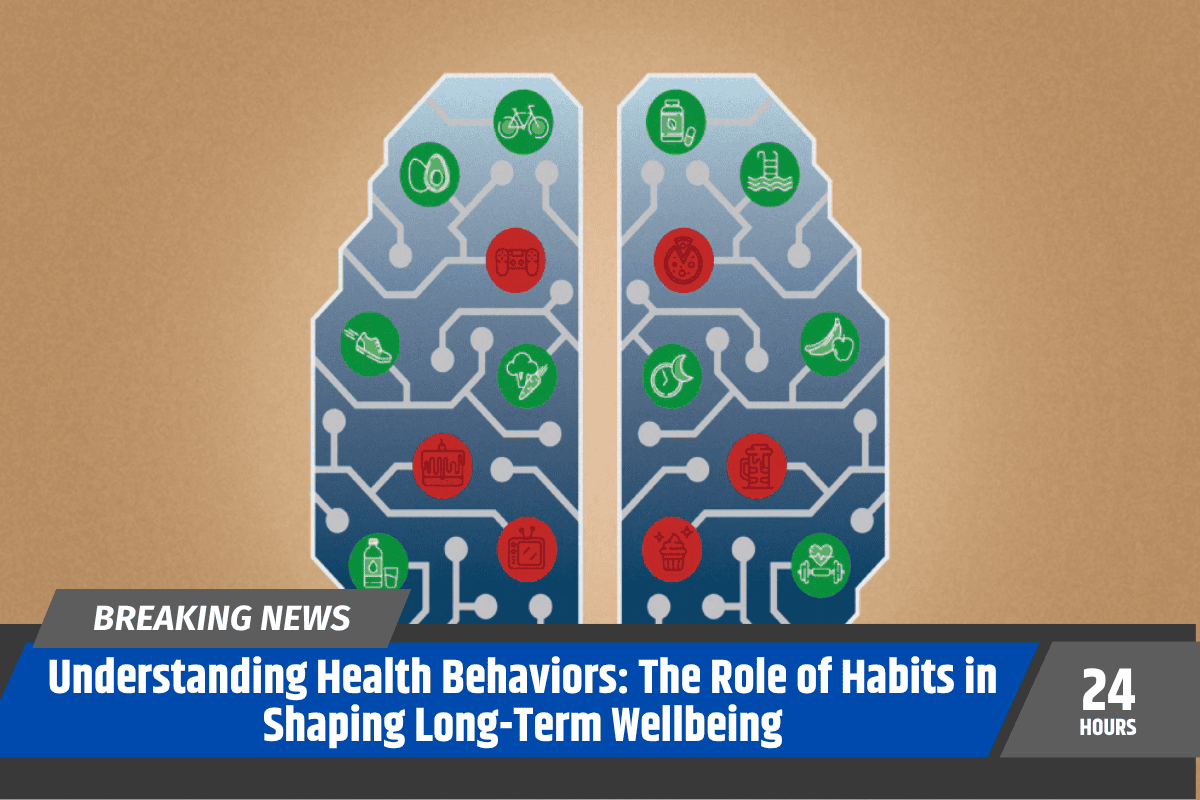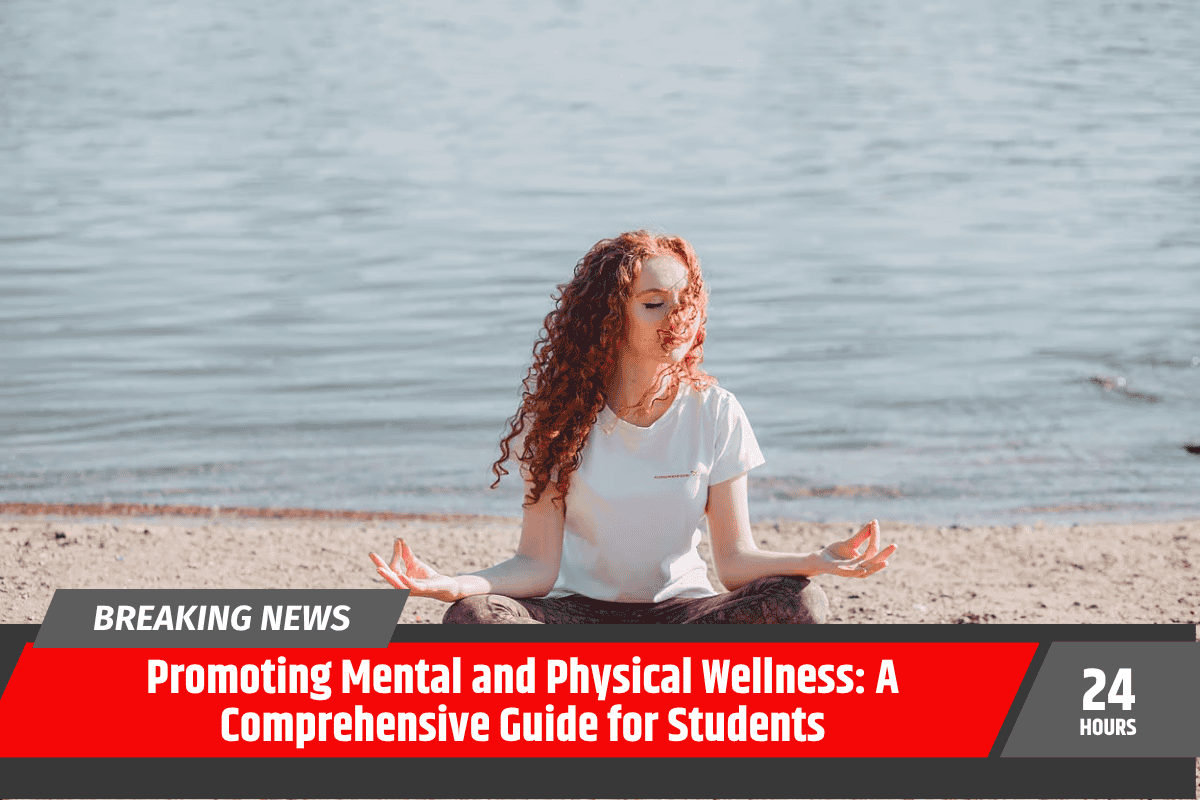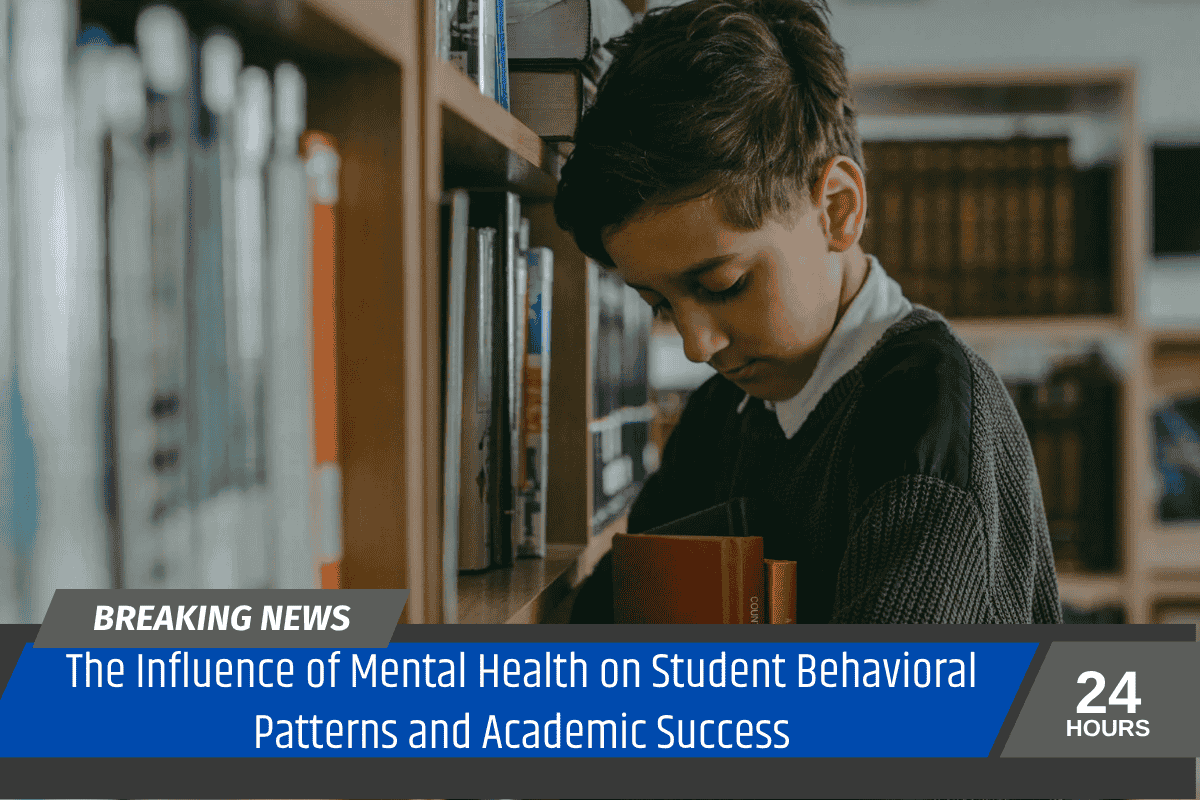Campus life is often portrayed as a time of fun, freedom, and self-discovery. However, behind the excitement of college events, friendships, and extracurricular activities, there are significant challenges that students face.
One of the most important aspects of campus life is how it affects a student’s mental health. The pressures of social interactions and academic demands can take a serious toll on students, leading to stress, anxiety, and even depression.
Understanding how social and academic stress play a role in student mental health is crucial for finding ways to better support them.
Social Stress: The Impact of Peer Pressure and Relationships
The social environment in college can be overwhelming for many students. With new people to meet, clubs to join, and events to attend, students often feel the need to fit in and be accepted. This desire for acceptance can lead to social stress.
Students worry about their appearance, their social status, and how others perceive them. These pressures can be particularly difficult for those who may struggle with social anxiety or who have a small support system.
Friendships and relationships, while valuable, can also be a source of stress. Navigating conflicts, misunderstandings, and the complexities of group dynamics can contribute to emotional strain.
The pressure to maintain a busy social life while managing academic responsibilities can create a delicate balancing act that many students find hard to manage.
Moreover, the fear of missing out (FOMO) is another social stress that is unique to college life. Social media plays a huge role in this, as students often see their peers participating in activities and forming bonds that they may not be part of.
This can create feelings of loneliness, inadequacy, and isolation. Over time, these feelings can lead to mental health issues like anxiety and depression.
Academic Stress: The Weight of Expectations
Academics are at the core of the college experience, but they can also be a major source of stress for students. The expectations to perform well in exams, complete assignments on time, and maintain a high GPA can be overwhelming.
For some, the pressure to excel academically is tied to their career goals and future opportunities, making success seem like an absolute necessity.
Many students find themselves juggling multiple assignments, deadlines, and extracurricular activities at once. This often leads to feelings of being overworked and burned out. The competition among peers can also add to the stress, as students compare themselves to others who may appear to be doing better.
This constant comparison can result in low self-esteem and the fear of failure, which contribute to mental health struggles.
For students who face additional challenges, such as learning disabilities or language barriers, academic stress can be even more intense. They may need to put in extra effort to keep up with their coursework, which can increase feelings of frustration and helplessness.
In some cases, this type of stress can even lead to severe mental health issues like anxiety disorders and depression.
The Role of Time Management
One factor that plays a significant role in both social and academic stress is time management. Many students struggle to find the right balance between their social lives, academic responsibilities, and personal well-being.
Poor time management can lead to procrastination, missed deadlines, and last-minute cramming, all of which add to stress levels. When students fail to manage their time effectively, they often feel overwhelmed, leading to a sense of losing control.
Effective time management, on the other hand, can help students reduce stress. Setting clear goals, creating a study schedule, and learning to prioritize tasks can allow students to feel more organized and in control of their day-to-day responsibilities.
Coping Strategies and Support Systems
To manage social and academic stress, students must adopt coping strategies that promote mental well-being. Seeking support from friends, family, or campus counseling services is one of the most effective ways to deal with stress.
Talking to someone about personal challenges can help relieve the burden and offer new perspectives on difficult situations.
In addition, self-care practices like regular exercise, adequate sleep, and a healthy diet can help students cope with stress. Engaging in activities that relax the mind, such as meditation or yoga, can also help reduce anxiety and improve overall mental health.
It is important for students to remember that it is okay to seek help. College is a challenging time, and mental health struggles are more common than many realize.
Institutions should provide the necessary resources, such as counseling services, stress management workshops, and peer support groups, to ensure students have access to the help they need.
Campus life has a profound impact on student mental health. The pressures of social interactions and academic demands can create significant stress, which may lead to feelings of anxiety, depression, and burnout.
Understanding the effects of social and academic stress is essential for creating a supportive campus environment. By promoting healthy coping mechanisms, providing mental health resources, and encouraging open conversations about mental health, colleges can help students navigate the challenges of campus life and maintain their well-being.






